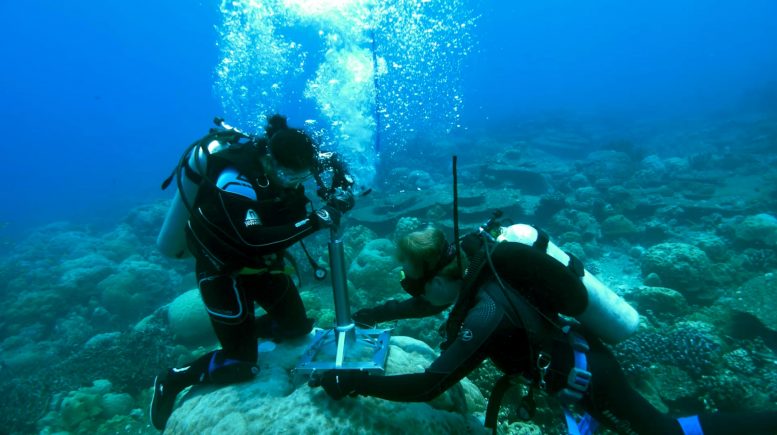
New international research has found a worrying change in the Indian Ocean’s surface temperatures that puts southeast Australia on course for increasingly hot and dry conditions.
The work led by The Australian National University (ANU) and the ARC Centre of Excellence for Climate Extremes has a silver lining, helping to improve our understanding of climate variations and the management of risk caused by Indian Ocean variability.
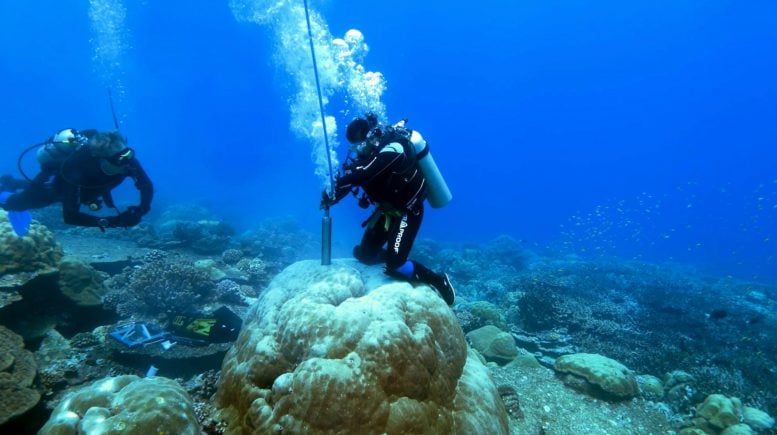
Lead researcher Professor Nerilie Abram said the phenomenon her team studied, known as the Indian Ocean Dipole (IOD), was a big player in the severe drought and record hot temperatures last year.
“The 2019 event, known as a positive Indian Ocean Dipole, was a big one. It cut off one of the major sources for southern Australia’s winter and spring rainfall, and set up the extremely hot and dry conditions for the terrible fires that ravaged Australia this summer,” said Professor Abram from the Research School of Earth Sciences and the Centre of Excellence for Climate Extremes at ANU.
The new research published in Nature reveals that these historically rare events have become much more frequent and intense during the 20th Century, and this situation is expected to worsen if greenhouse gas emissions continue to rise.
The research team, which involved scientists from institutions in Australia, the United States, Indonesia, Taiwan, and China, used coral records from the eastern equatorial Indian Ocean to reconstruct Indian Ocean Dipole variability over the last millennium with unprecedented precision.
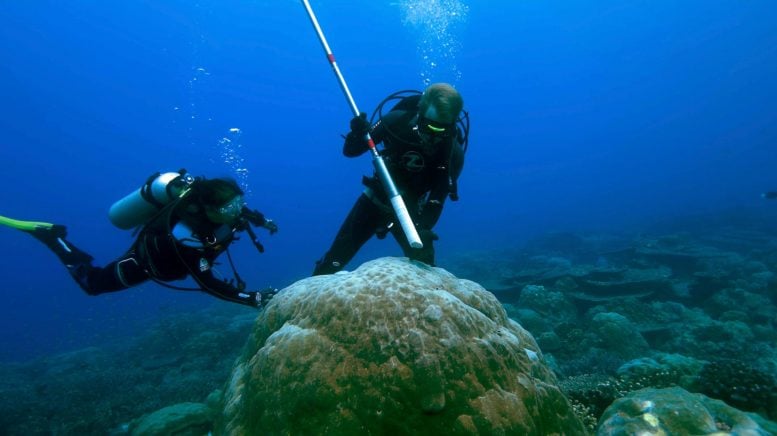
“Historically, strong events like the one we saw in 2019 have been very rare. Over the reconstruction beginning in the year 1240, we see only 10 of these events, but four of those have occurred in just the last 60 years,” Professor Abram said.
Co-researcher Dr. Nicky Wright said the research highlighted that the Indian Ocean can harbor events that are even stronger than the extreme conditions seen in 2019.
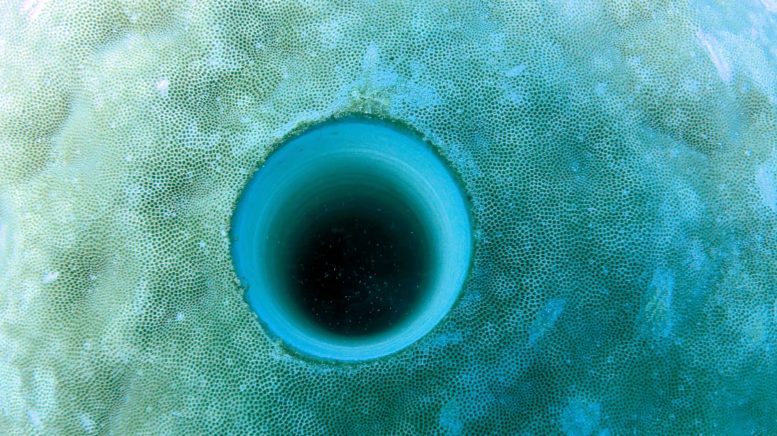
“In 1675, an event occurred that was up to 42 percent stronger than the strongest event we have observed so far during the instrumental record, which was in 1997. The terrible impacts of this older severe event can be seen in historical documents from Asia,” said Dr. Wright from the Research School of Earth Sciences and the Centre of Excellence for Climate Extremes at ANU.
“The 1675 event shows the type of extremes that are possible, even without human-caused climate change. By causing positive Indian Ocean Dipole events to become stronger and more common, we are now upping the odds that an extreme event like this one could happen again.”
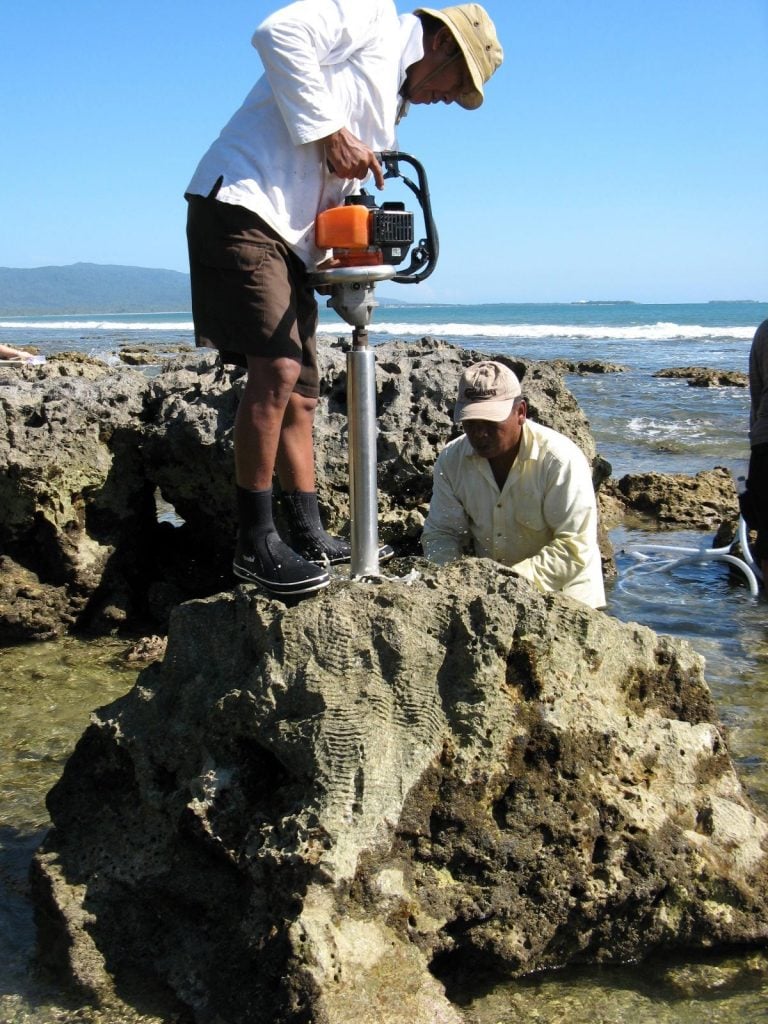
Co-researcher Professor Matthew England said the research also showed that a persistent, “tight coupling” has existed between the variability of the Indian Ocean Dipole and the El Niño-Southern Oscillation (ENSO) in the Pacific Ocean during the last millennium.
“Our research indicates that while Indian Ocean Dipole and El Niño events can occur independently, periods of large year-to-year swings in Indian Ocean variability also had heightened ENSO variability in the Pacific,” said Professor England from the Climate Change Research Centre and the Centre of Excellence for Climate Extremes at the University of New South Wales.
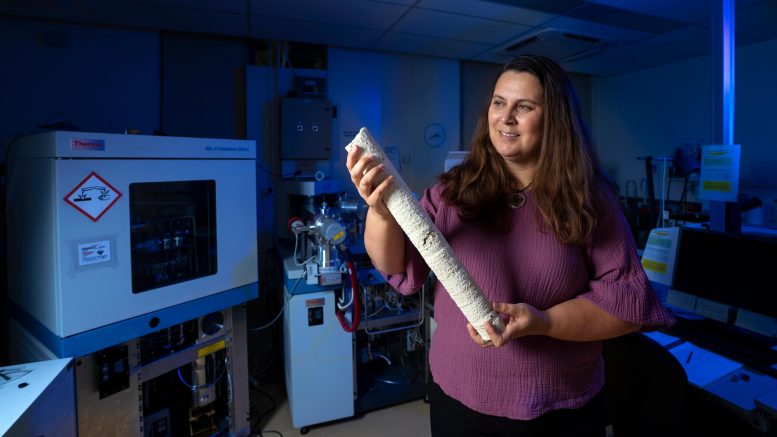
“Looking at the tropical oceans in this interconnected way improves our understanding of seasonal to decadal climate variations in regions that profoundly impact Australia, helping us to be better prepared for future climate risks caused by the Indian Ocean Dipole.”
Reference: “Coupling of Indo-Pacific climate variability over the last millennium” by Nerilie J. Abram, Nicky M. Wright, Bethany Ellis, Bronwyn C. Dixon, Jennifer B. Wurtzel, Matthew H. England, Caroline C. Ummenhofer, Belle Philibosian, Sri Yudawati Cahyarini, Tsai-Luen Yu, Chuan-Chou Shen, Hai Cheng, R. Lawrence Edwards and David Heslop, 9 March 2020, Nature.
DOI: 10.1038/s41586-020-2084-4
1 Comment
Now using the simple way step and easy to find restore the all searching data in edge web browser,just one a single click here this site remember passwords in egde now join this website and get the more basic details.